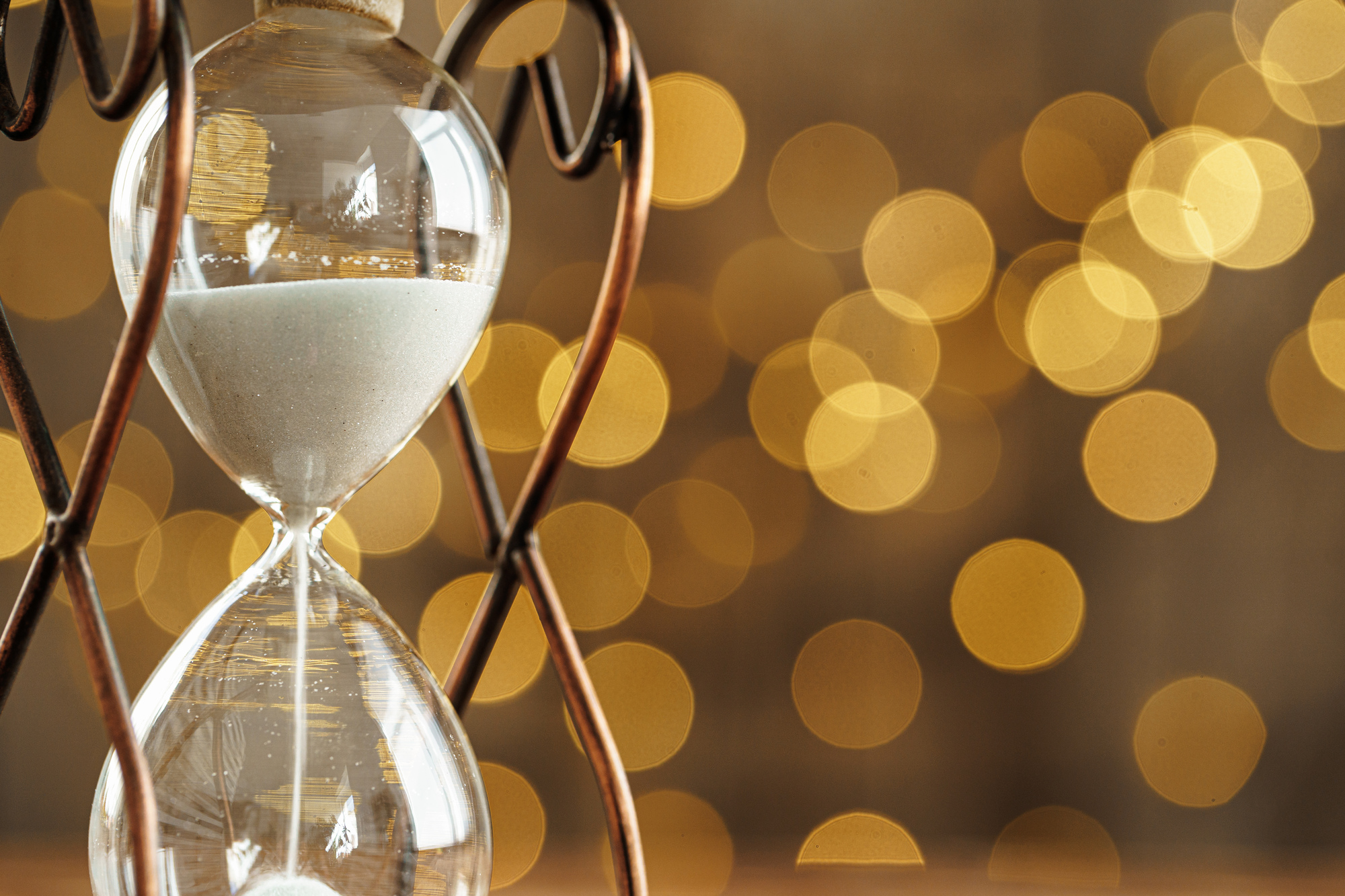Today, I was asked the same question 3 times… which often means a whole lot of people have the same query. How do I start to learn magic?The question itself actually doesn’t make sense (I’ll explain in a moment), but I understand why so many people ask it. And while I may not be the most qualified person to answer, I am somewhat qualified. As you’ve probably seen on my website, I use the phrase ‘Practical Magic’ quite freely.The word ‘magic’ is sort of like the word ‘sport’. It’s not one thing, it’s many things.And, just as ‘sport’ covers everything from synchronized swimming to World Cup soccer tournaments… So ‘magic’ covers everything from herbology to energy healing.Perhaps now you can see why it’s an odd question. If instead, I’d been asked the unlikely question, ‘How do I start to learn sport?’… I’d answer by asking what you enjoy most — running, strength tests, cycling, strategy sports like crown green bowling, team sports like football, or individual sports like high jumping.It would take a while and involve quite a lengthy conversation to ascertain which aspect of sports you like the most. Hopefully, you’d say running, ball sports, strategy games, and kicking (rather than throwing)), so I could show you how to ‘start at soccer’**… because that’s a sport I know how to play. Then, once we agreed that was the path of most interest to you, I’d say, ‘Let’s start’. And off we’d go to a park and start kicking a ball around (vs me trying to teach you the rudiments in a class or from a book).This is also how you learn magic…You start kicking it about.So let’s say you turn out to be a natural soccer player…Now you’d want to improve your skills. We’d have to work on your core strength training to build stronger quads and hamstrings, your sprinting techniques to improve your power over the first 2 yards, and improve your peripheral vision (the essential sensory tool for good soccer players) and sensory perception of place on the field.If you were as good as Ronaldo or Messi, you’d also learn to fly through the air unaided whenever an opponent glanced in your direction… which might lead to an additional interest in gymnastics or high board diving. So you’d start to develop and expand those skills and experiences as well. The interesting thing is that, no matter which sport you start with, you would have to develop the same core skills of hand or foot/eye coordination, speed, and strength.There are certain basic needs for anyone who wants to excel at any sport, and then some specific and more subtle fine tuning for each individual one.The same is true for magic.Magic covers a multitude of skills and disciplines from aromatherapy to energy healing… and the way to start is to think about what aspect of magic appeals the most, get into that subject and go from there. I can guarantee that whether you choose practical magic like herbology, or sensory magic like animal communication, you’ll need to learn the same basic core skills.You cannot pick herbs and expect them to work unless you ritualistically get its permission and talk to it. You cannot communicate to an animal without knowing how to seek that animal’s permission, which is rarely granted unless respect and trust are established (and to achieve that requires a whole list of more subtle sensory skills). Of course, instead of learning how to dive in the penalty box in soccer, you could learn to ride on a broom in magic. All humor aside, the analogy works well. Why then is sports so mainstream and magic so mystical?To answer that requires a brief history lesson:In the beginning, for the First-Peoples, developing strong sensory skills was critical to survival and made the difference between hunting and being hunted. Deep intuition connected everyone to the earth and picking the right herbs and plants was natural. Traveling far and wide mentally without actually moving a step was the chosen mechanism of the time. At some point, religion began to suppress practical magic… and when magic became ‘ungodly’, it went underground. It is only just emerging today. To understand this better, imagine that religion had embraced magic but outlawed sport.Anyone practicing a sport was subject to trial and execution. Underground sports societies would have developed, each meeting in secret and unable to cross-communicate. Soccer games would be played out in the depths of caves under cover of darkness and by players hiding their identities with black robes and hoods. (Ronaldo would still fly through the air, but thankfully ‘come a cropper’ on the back wall of the cave.)Fast forward to today… And we’d all be happily watching infomercials about the latest astral travel training devices for 3 monthly payments of $19.95… while any mention of sport would be reduced to mystical movies for kids: Harry Potter and the Sorcerer’s Stone would be Harry Potter and the Secret of the Bullpen.I do feel that magic is coming back into the mainstream as part of a greater shift in consciousness and desire for transformation… and I encourage you to talk about it openly on my website and in my courses.It’s a practical, fun, and healthy activity just like sports. Just pick a topic you like and throw yourself into it. As in sports, repetition and practice improve magical experiences over time. Then, when you decide to branch out into another aspect of practical magic, you’ll have the core skills to succeed.**For the record, I often get challenged about why I use the word soccer instead of football. The inference is that I have been ‘Americanized’. The truth always sets us free and (Americans who are sick of being criticized for calling football soccer will love this) the truth is that the game was also called soccer in Europe, especially the UK until around 1960. In the early 1800s in England, football and rugby existed as different variations of the same game. But in 1863, the Football Association was formed to codify the rules of football so that aristocratic boys from different schools could play against one another. In 1871, the Rugby Football Union followed suit. The two sports officially became known as Rugby Football and Association Football. In England, aristocratic boys came up with the shortened terms “rugger” and “soccer” to differentiate between Rugby Football and Association Football. It only became football in the UK around 1960 as a backlash to the first British exposure to American football, which itself is a derivation of rugger.**Cheers, Trevor


